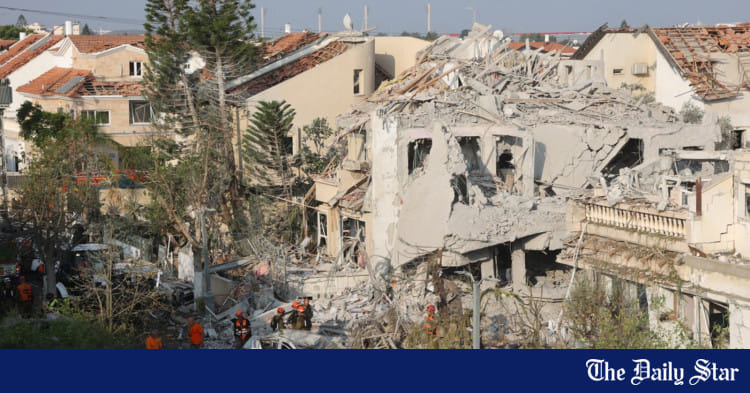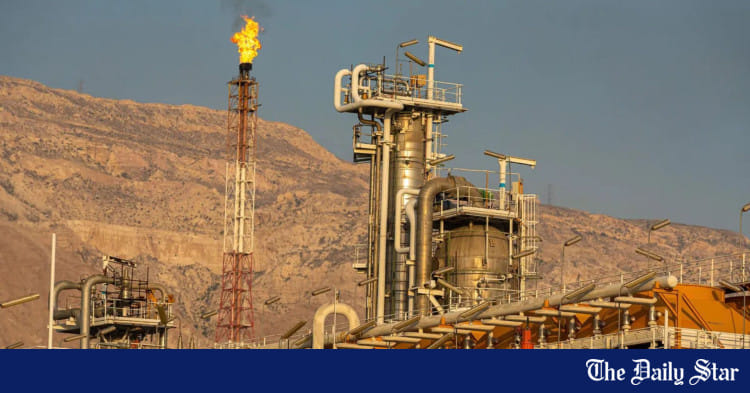- 1,120
- 368
- Origin

- Axis Group

Follow along with the video below to see how to install our site as a web app on your home screen.

Note: this_feature_currently_requires_accessing_site_using_safari
 World Affairs
World Affairs




 www.newagebd.net
www.newagebd.net








Stop your crap.Iranian Diaspora are foolish. Often called the Indian diaspora, but worse.


Stop your crap.
We have our chtyas. But no Indian would cheer his country getting attacked.



Loading...